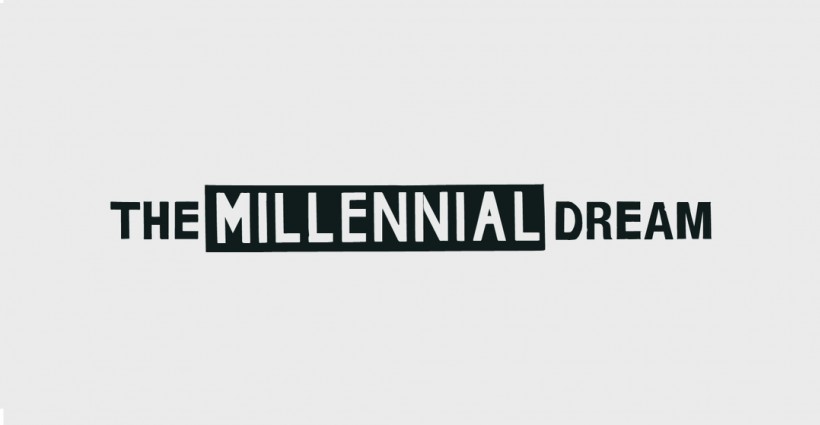As the American Dream gives way to the more socially responsible Millennial Dream, this region should work to attract and keep members of the millennial generation, argues Greg Hemmings, founder and CEO of New Brunswick’s Hemmings House Pictures.
Hemmings is one of the creators of a new documentary, The Millennial Dream, which explores the values of millennials and looks at how communities can make themselves more attractive to those born between the early 1980s and 2000s.
It’s a generation known to be afflicted by poor job security and high student debt, but to prioritize preservation of the environment and social justice.
Hemmings argues that Atlantic Canada already practises many millennial values.
“We have so many young entrepreneurs, artists and culture makers who are working hard to build this Millennial Dream,” said Hemmings, a native of Saint John.
“There is opportunity here, and there’s a community of support from people making it happen. We’re so small and connected, if you have a good idea, and your heart’s in the right place the speed with which you can get support is unparalleled.
“It’s probably not as easy for a young entrepreneur to get access to mentorship and support from icons of business in larger cities like Toronto. . . .There seems to be great support in small places.”
Hemmings said the idea for his company’s latest documentary arose when he and a group of other New Brunswickers began to discuss the province’s most pressing problem—the loss of young people.
The group included entrepreneurs Marcel LeBrun and David Alston, and Karina LeBlanc, executive director of the Pond-Deshpande Centre.
David Alston Calls for a Cultural Shift
They agreed that New Brunswick does have much to offer, including jobs, but theorized that perhaps some of the jobs are not the kind that attract Millennials.
Millennials stress community, Hemmings said. They want walkable cities with public transit. They want locally grown food. Ideally, they want to know the farmer who produces their food.
Encouraging entrepreneurship helps create communities attractive to millennials. So does effective post-secondary education and the widespread use of technology.
Millennials and those educating them need to consider what kinds of jobs and companies thrive in the new economy, and how best to provide that training and education.
“We wanted to see if Atlantic Canada supports millennial values and, if not, what can we do to accelerate the support of these values,” Hemmings said.
He said this region has the advantage of good digital connectivity, which can be used to foster innovation. He cites the example of Estonia, which he and Alston visited while making a previous film Code Kids.
Hemmings said that Estonia was bankrupt in 1992 following the departure of the Soviets. So the government asked telecom engineers to eliminate the costs of using paper within government.
The engineers did, creating an e-government in which every citizen has just one digital ID.
Hemmings said that many of the telecom engineers became entrepreneurs who created companies, including Skype, which led to a thriving tech sector.
“Atlantic Canada could do the same thing if we embraced more of our digital infrastructure in government and society, and opened up opportunities,” Hemmings said.
Hemmings hopes the new film will be “the start of a movement, not just a one-off.”
He said the production team began with the idea of focusing on New Brunswick. The scope of the documentary rapidly widened to include the world, although Hemmings said the original New Brunswick stories are available on the film's website, http://www.millennialdream.com
Hemmings, whose company is a certified B-corporation, meaning it espouses the same values as the Millennial Generation, said he would like to focus entirely on making this kind of documentary.
“I want to showcase films that empower people to create positive action,” he said.
“Watch this film and think how you can help that small entrepreneur. Maybe you won’t go to the big box store, instead you will go to the local guy.”
The Millennial Dream documentary will have its first screening on March 15 in Saint John.










